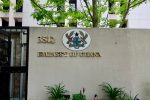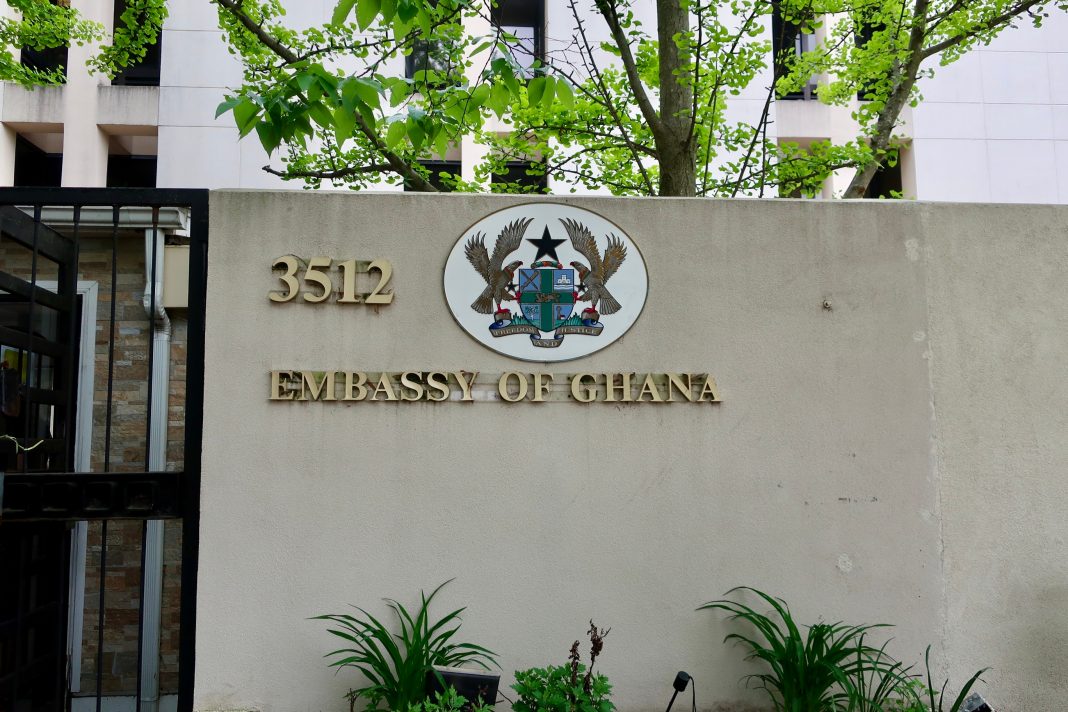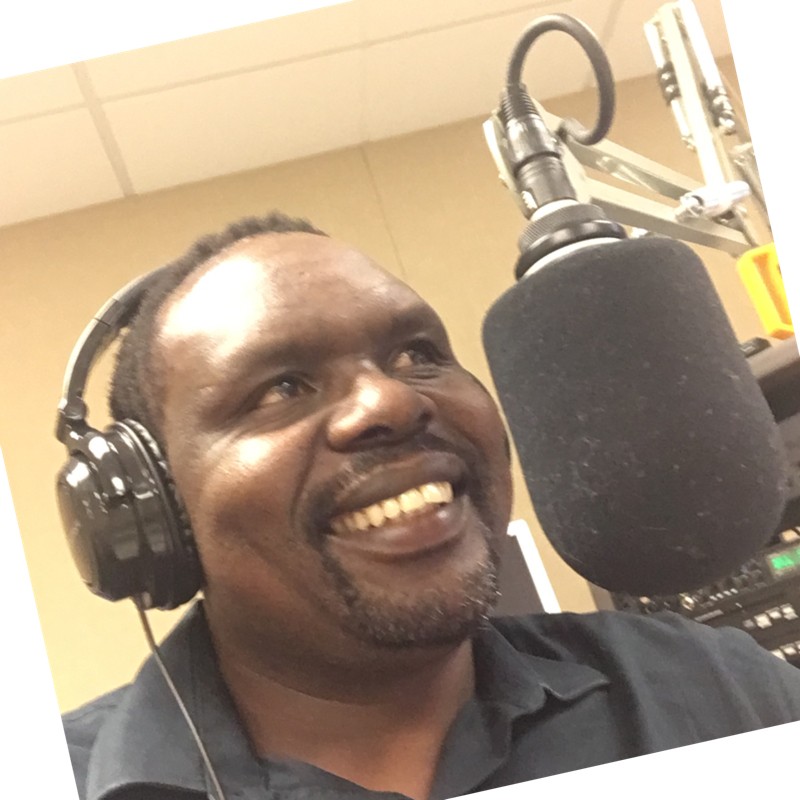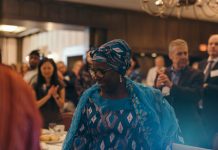

Ghanaian diplomats have called on their compatriots living abroad to take advantage of the numerous investment opportunities that exist back home.
The diplomats from the Embassy of Ghana in Washington, D.C., were speaking Friday during a virtual town hall meeting that launched three days of online celebrations of the west African country’s 64th year of independence from the British Empire.
“As we reflect on the significance of our independence as a people, I call on all compatriots to continue to strive for excellence in spite of all the challenges that confront the world today,” said Genevieve Apaloo, the embassy’s acting head of mission. “Building a self-sufficient Ghana will depend on the efforts of all Ghanaians, especially those of us in the Diaspora. So, let us continue to stay united and resolute in our support for our government’s effort to build a strong and equitable socio-economic environment for our people.”
Like many African countries, Ghana is targeting its Diaspora in efforts to jumpstart an economy battered by shutdowns related to the coronavirus pandemic. Since 2009, the amount of money sent home by Africans living outside the continent nearly doubled to $85 billion in 2019, accounting for 5 percent of the continent’s GDP, according to the Brookings Institution. Due to the Covid-19 pandemic, that number is projected to decline by 21 percent, or $18 billion, and countries like Ghana, which received over $4 billion in remittances in 2019, see direct investment by their citizens abroad as a way to make up for that shortfall.
The event’s moderator, Maryland-based DJ Kweku Amoako, said it was important to have the Ghanaian government maintain a strong connection with the Diaspora in order to boost confidence in investment.
“There are a lot of people in the Diaspora, not just Ghanaians, who are very, very interested in exploring investment opportunities in various sectors in Ghana,” Amoako said. “We know that opportunities are there. We know that the will is there but somehow the connection is broken.”
Cynthia Djokoto, the embassy’s head of trade and investment, said the government recognized that, and was making efforts to bridge that broken link between Ghanaians and the investments opportunities back home. She said the Ghana Investment Promotion Center had created a Diaspora investment desk at the embassy to facilitate engagement with those considering investing in the country. Ghana had several opportunities for investment in areas such as processing of agricultural products for export, oil and gas, tourism, and real estate, where she said there was an immediate need for more than 2 million units of residential housing.
“Most among the audience may have families who own farms producing fruits like pineapples and can easily set up factories to produce packaged fruit juices for local consumption and for export,” Djokoto said.
Kofi Tonto, who heads the Information and Public Affairs department at the embassy, said in addition to seeking to attract investment to Ghana, the government was making a targeted effort to tap the Diaspora’s expertise. He gave a recent example where the government sought the Diaspora’s skills in planning and carrying out a virtual concert to raise funds for the fight against Covid-19 in Ghana. In order to do that successfully, they partnered with Ghanaian musicians and talents across the United States and also in Ghana, Tonto said.
“For me, it exemplifies how we can leverage the talent of people in the United States, especially to benefit Ghana,” Tonto said. “We all recently heard about Paul Mensah with Pfizer. This is a Ghanaian who is vice president for bioprocess research at Pfizer, and he led the exercise at Pfizer to develop the Covid-19 vaccine. I can cite so many examples of Ghanaians in high places, from Wall Street to many Fortune 500 companies at senior-level positions. The question is: How are we leveraging all these talents to our benefit?”
Tonto said traditionally, Ghana had only reached out to Ghanaians working in organizations like the World Bank, and the International Monetary Fund as potential avenues to securing investment, but in the wake of the Covid-19 pandemic, the government sought the advice of Ghanaians physicians and nurses working in the United States.
“These are the people that we go to all the time for questions about anything related to health to advice and to support us, but we need to find a more strategic and sufficient way of doing this,” Tonto said.
He said the embassy was exploring the idea of creating a comprehensive database of Ghanaian professionals and other experts who were friends of Ghana.
One of the obstacles Ghanaians who want to start businesses back home run into is lack of capital, with many thinking they have to use their personal savings. But Adjoa Kyerematen, the director of Ghana Diaspora Public Affairs Collective, an advocacy nonprofit organization that operates in Ghana’s capital, Accra, and Washington, D.C., said there were U.S. government grants earmarked for entrepreneurs who want to do business in Africa.
“If you are an American citizen, the U.S. government actually provides support for Diaspora investment, meaning your business, your project back at home could actually receive funding and risk assurance from the U.S. government,” Kyerematen said.
She said just last year, the U.S. government gave $8 billion to more that 300 businesses on the African continent.
“Not a lot of people are aware of that, and unfortunately, not a lot of people of color are aware of that, and Ghanaians are certainly not aware of that,” Kyerematen said. “Meanwhile, we’re rubbing our coins together, rubbing our pesewas together to do these projects when we can actually receive support.”
Tonto, the public affairs officer, was asked if Ghana could avoid being like many African governments, which lured citizens to invest back home, only to be frustrated by members of the ruling class, who felt politically threatened. He said Ghana’s government had already proven that it was serious by appointing nearly 100 members of the Diaspora to key government positions. They include the current minister of education, who was an educationist in California prior to being appointed, he said. Tonto himself was a member of the Diaspora, who came to the United States when he was 14 years old, and was later hired to work at the embassy.
“Ghana has a different story to tell as far as the Diaspora is concerned,” Tonto said. “We are seriously committed to engaging the Diaspora.”
About Edwin Okong'o - Mshale Contributing Editor
Edwin Okong'o is a Mshale Contributing Editor. Formerly he was the newspaper's editor.










